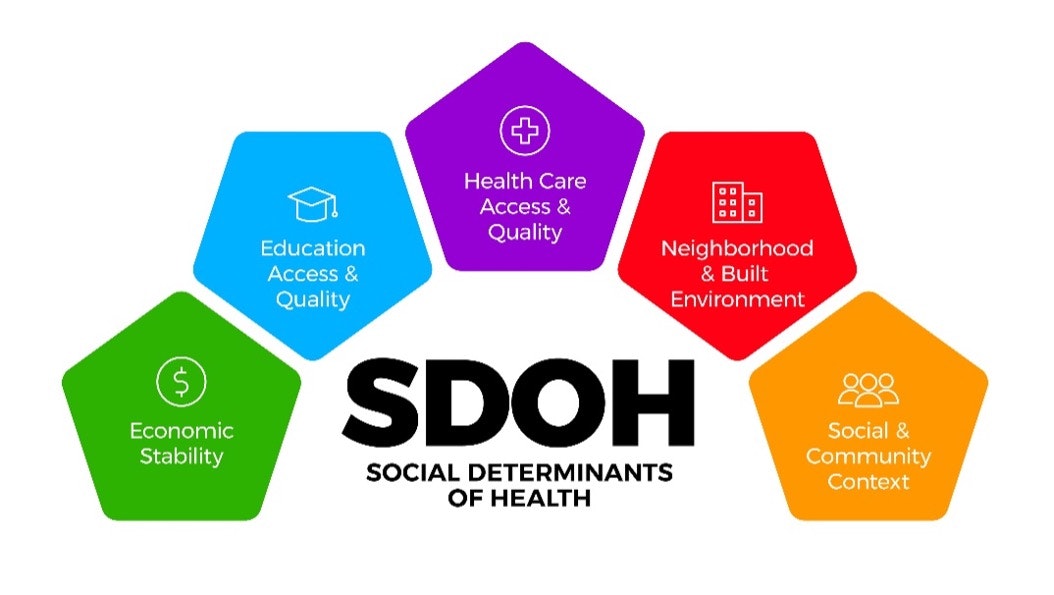Evaluating broadband as a social determinant of health
Minneapolis, Minn. (November 20, 2024) - On October 29, 2024, I presented a poster, titled “Evaluating Broadband Internet as a Social Determinant of Health,” to attendees at the American Public Health Association annual meeting in Minneapolis. This project sought to isolate the impact of internet access on various health outcomes using quasi-experimental statistical methods – a slightly different approach from past projects.
The social determinants of health framework contends that non-medical factors can influence health outcomes. Some of these factors include education, income, conditions at work, food insecurity, housing, and social inclusion.
During the COVID-19 pandemic, public health experts theorized that internet access and digital inclusion could be considered determinants of health in the same way. Having access to the internet means that individuals can search for health-related information and make better-informed choices about their care. Being on the internet also enables individuals to utilize telehealth services – thus making medical care more convenient and affordable for some.
However, the benefits of internet access and digital inclusion do not stop there. Some scholars even consider these factors “super social determinants of health,” as they impact many other known social determinants. For example, if digital literacy skills make it easier to get a job and hold steady employment, and having income from work is necessary to receive medical care, then digital literacy skills have an indirect but important impact on health outcomes in this way.

For this project, I sought to analyze the direct impact of broadband access on an array of health outcomes. The data come from the 2023 Colorado Health Access Survey administered by the Colorado Health Institute, which was sent to 10,000 randomly selected households across Colorado. I pre-processed the data using coarsened exact matching to approximate an experiment, then analyzed the data using ordered logistic regression models.
Through my analyses, I found that broadband had a positive impact on self-reported overall health status – in that having home internet made respondents significantly more likely to report a better health rating while controlling for other factors.
Broadband had a similar positive effect on self-reported oral health status. However, broadband did not have a significant effect on the respondents’ self-reported mental health status. This non-finding warrants further research but could be partly attributed to how respondents use the internet.
Admittedly, these findings largely conform to what I expected going into the study, but that does not make them any less important. Health care can be prohibitively expensive for many Americans. If getting on the internet can meaningfully impact individuals’ health, it may allow them to focus on preventative care rather than costly medical interventions. Digital inclusion could truly be saving lives.
About the Author: David Nunnally is a Connected Nation Research Analyst. He is responsible for using qualitative and quantitative techniques to interpret survey data, in addition to collecting data from secondary sources to help support those findings. Nunnally works with internal and external stakeholders to help develop research and provide critical information in support of the national nonprofit’s mission.






